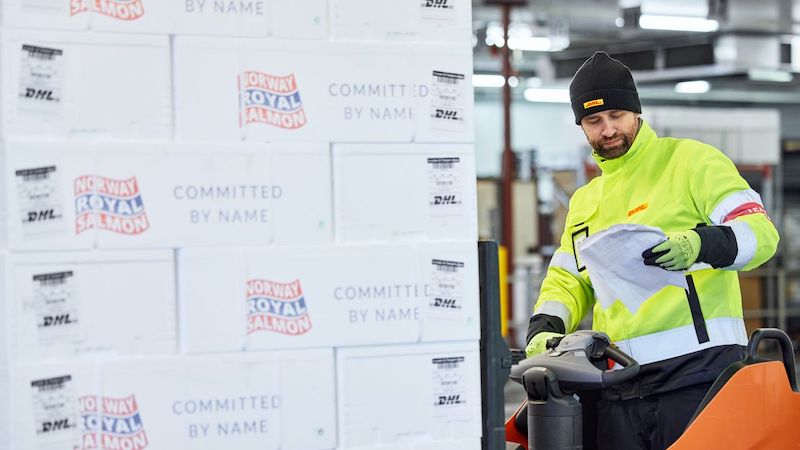Grow your business with the Discover newsletter
Logistics advice & insights straight to your inbox
Subscribe now
The well-being of the planet hinges on biodiversity and the wildlife that comprises its ecosystems. The existence of wildlife fosters ecological balance, and the extinction of any species has knock-on effects on the entire ecosystem of the plant. Thus, the conservation of wildlife is critical to the preservation of the planet.
However, the illegal wildlife trade poses a significant threat to the Earth’s biodiversity. Read on to learn all you need to know about the scale of the wildlife trade, its causes, why it is harmful, as well as its impact in New Zealand.
Wildlife trade refers to the killing and trading of wild animals and plants. Typically, they are used to produce food products, ornamental items, medicines, leather, and furniture. While legitimate forms of wildlife trade exist, illegal wildlife trading comprises a large underground industry run by international networks, threatening the existence of rare animal and plant species.
Examples of illegal wildlife trade and their purposes include the poaching of elephants for ivory, rhinoceroses for their horns, and tigers and leopards for their skin and bones. As the global population and the volume of cross-border trade increase, so does the demand for a variety of prohibited wildlife products. Extreme poverty compounds the problem, as animal trafficking is often a valuable source of income for destitute individuals from under-developed countries.
Illegal poaching has been criminalised by international organisations, much like the trading of drugs and arms. Trading wildlife is also illegal in most countries to ensure the survival of endangered species and to restore the natural ecosystem of the planet.
Illegal animal trade ensures high-profit margins as the demand for products made from rare species increases. This demand is primarily fueled by wealthy consumers who see these products as valuable collectables, and mythical beliefs surrounding their supernatural attributes, according to WWF.
For instance, rhinoceros horns, elephant tusks, and tiger and leopard skin are in high demand in Asia. This demand threatens wild animals all over the world, especially in regions where they are native, such as China and South Africa.
The causes of the illegal wildlife trade include the following:
Some communities depend on certain wild animals for proteins, as well as trees and plants for fuel. In the developing world, certain populations also view certain types of wild plants and animal products as cures for various diseases. Given their value, their trade is a lucrative endeavour.
Weak regulations also allow criminals to operate large criminal networks that guarantee low risk and high returns.

Illegal wildlife trade is the fourth most lucrative form of illicit trade after human, drug, and arms trafficking. According to Nium, the global platform for Modern Money Movement, the illegal wildlife trade is estimated to be worth up to US$20 billion each year. Studies by Reuters show that despite the poaching of rhinoceroses in South Africa decreased slightly in 2022, 448 rhinoceroses were killed that year — only three fewer than in 2021.
Apart from elephants and rhinoceroses, impacted species include Amur leopards, green turtles, hawksbill turtles, leatherback turtles, orangutans, Sunda tigers, and crocodiles.
When the global ban on the elephant ivory trade came into effect in 1989, New Zealand allowed the domestic trade of ivory across its borders with a CITES permit. However, over the years, elephant poaching and the illegal trade of ivory proliferated, causing local wildlife protection organisations to urge the government to ban the wildlife trade. In 2014, the largest auction website in New Zealand, TradeMe, prohibited the trade of items containing or manufactured using ivory and other endangered species. However, the country continues to permit the domestic trading of ivory if the required permits are obtained.
Together with TRAFFIC, DHL Express conducts workshops to train their staff to identify suspicious packages containing illegal wildlife. As transport and logistics firms play an important role in facilitating global trade, they are essential to preventing the trafficking of animals and rare plants.
DHL Express has a part to play in combating any illegal activity that is ingrained in international movement. If you would like to join us on this pursuit, consider opening a business account with DHL Express NZ today.